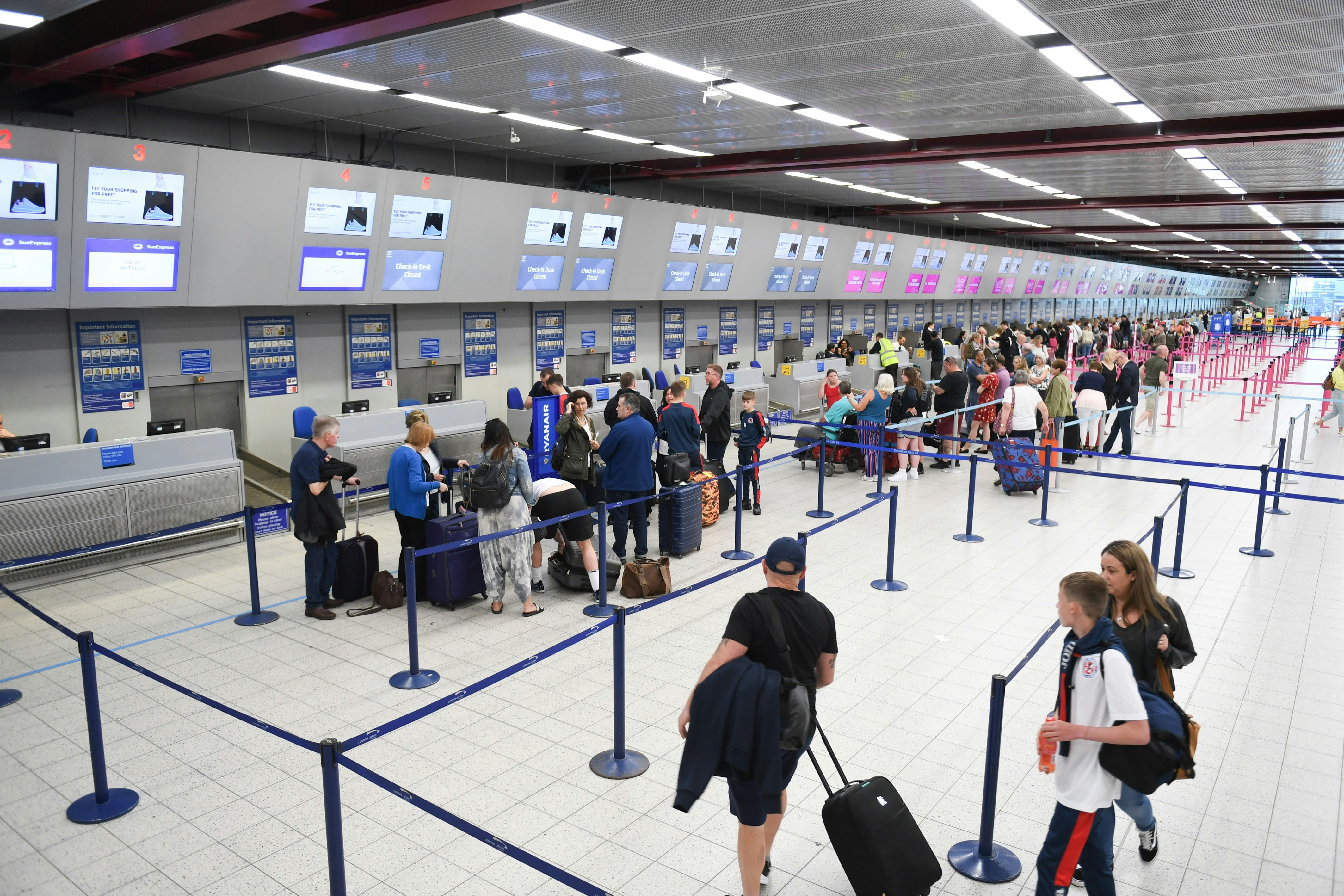Analysing Ryanair's On-Time Performance Over the Years

Ryanair needs no introduction for the majority of European travellers. The Irish company is a leading low-cost carrier and its significance in the market is undeniable. Though it attracts lots of controversial feedback, its popularity among passengers is rather stable. With its extensive route options and extremely low fares, the company seems to continue its successful operation in the near future.
However, even for an airline that retains customers thanks to affordability, it is important to stick to the schedule and maintain the reputation of a punctual carrier. Is Ryanair successful in this?

Historical Performance Analysis as Presented by Ryanair
The company openly shares its on-time performance (OTP) history, and the data for the previous 10 years reads as follows:
It’s important to know what the company’s definition of “on-time” is to properly understand the table. The UK's Civil Aviation Authority defines "on-time" performance as that happening within 15 minutes of its scheduled time, which may be different from what Ryanair accepts. According to the Washington Post report on the most punctual airlines in 2023, the close competitor, easyJet, ranks 19th with 65.26%. Ryanair is not on the list of the most on-time arrival percentages for airlines in 2023.
However, if we stick to Ryanair’s data, some conclusions could be drawn. As evident, the company performs well enough while only internal factors are at play. High performance during the year 2020 can be easily explained by the lower operating load on civil aviation in general. The first active year after the pandemic has shown less on-time flights as external factors came into play.
Factors Influencing On-Time Performance for Civil Aviation
Various aspects contribute to disturbances to the operational schedule, and they can be divided into two types:
Internal factors. Those are processes that a carrier can control and improve; however, at the given moment they affect the on-time performance. The most common of them are:
- flawed maintenance practices;
- issues with operational efficiency;
- crew management;
- issues with scheduling.
External factors. These factors are out of carriers control and, unlike internal ones, require a different approach and, often, can’t be solved by an airline solely. Those are:
- weather conditions;
- air traffic control issues;
- airport overloading.
Both internal and external factors contribute to the company’s performance, as well as extraordinary events that affect the whole civil aviation operation. If we take the pandemic as a reference, it is evident that while it caused a significant decrease in the number of flights, some indexes showed better performance. However, airlines, including Ryanair, suffered unprecedented financial losses, and many still struggle to reach pre-pandemic operational levels.
Strategies for Improvement
While the company works constantly to improve its services and punctuality, it’s important to remember the option to claim Ryanair delay compensation with Skycop as external factors seem to be a frequent issue in recent years. In addition, the carrier employs modern technologies to facilitate inconveniences for passengers during major delays.

Ryanair's initiatives to improve OTP include:
- The company works in collaboration with air traffic control to better its flight coordination and ensure proper communication to mitigate delays.
- Data analysis and using innovative technologies to track flight operations, predict possible disruptions and address them in real time.
-Timely maintenance to ensure the reliability of the fleet and decrease the risk of complications during operation.
- Advanced scheduling procedures to avoid air traffic congestion and overloaded periods of time when it’s more likely to suffer issues leading to flight delays.
- Operations efficiency improvement which includes reducing ground handling period, optimising turnaround times, and implementing streamlined boarding and deplaning.
The measures taken surely improve the situation for the carrier and passengers. However, it’s crucial to understand what travellers are entitled to when experiencing inconveniences with the airline.
European civil aviation is still struggling to recover after the pandemic, while new challenges arise. Ryanair is among the leaders considering its current busyness and success. With the huge advantage of extremely low prices, passengers seem to overlook minor inconveniences and it works perfectly for the company. However, further improvements are needed to retain the customer base and keep the existing level of operation.
Conclusion
Ryanair’s on-time performance is among the best in the company. External reports provide controversial data, as well as clients’ feedback ranges greatly from extremely positive to the opposite. With that in mind, it is important to mention that the carrier does all possible to improve the situation. The airline employs modern technologies to not just fix the broken schedule problem; constant work to better customer service continues. The company is a seasoned reputation repairer, and while still struggling with perfect OTP, Ryanair confidently keeps its leading position in the market.